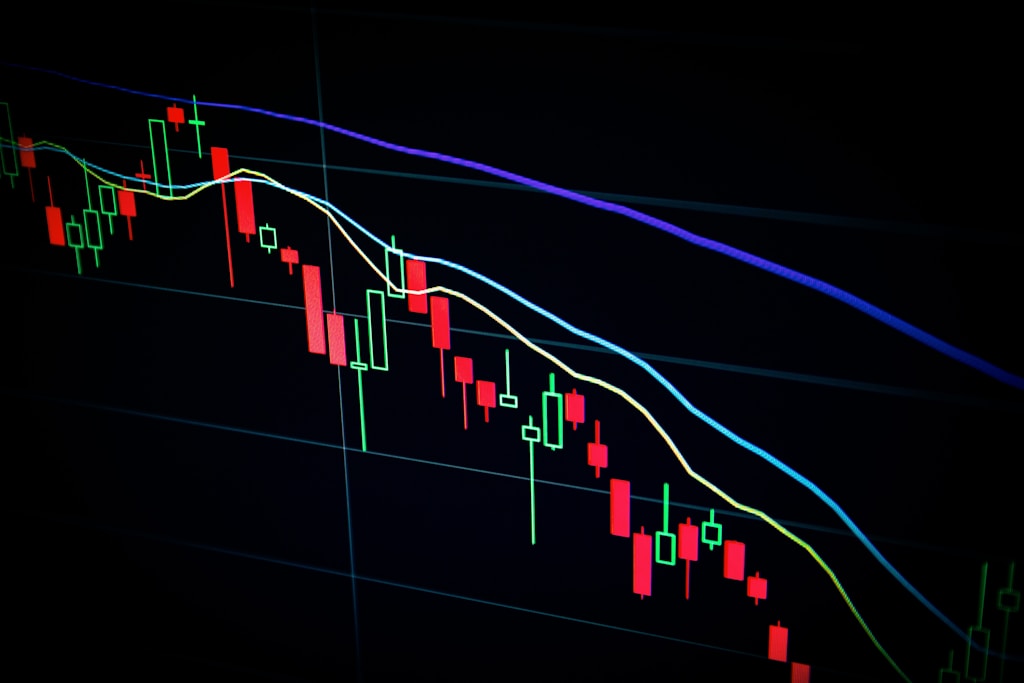Bitcoin Crashes Below $75K as Trump Tariffs Spark Fed Rate Cut Push
Bitcoin plunged below the critical $75,000 level on Monday as former President Donald Trump’s aggressive tariff policies and calls for Federal Reserve rate cuts sent shockwaves through global markets. This latest market turmoil comes amid escalating trade tensions between the US and China.
Market Impact of Trump’s Trade War Escalation
The cryptocurrency market faced severe pressure after Trump imposed new tariffs last week, raising the total levy on Chinese goods to 54%. China’s retaliatory measures, including a 34% tariff increase, triggered a broader market selloff that affected both traditional and crypto assets.
Key market impacts include:
- Bitcoin dropped below $75,000, marking a significant pullback from recent highs
- Nasdaq futures hit their lowest levels since January 2024
- WTI crude oil prices fell 16% to $60 per barrel
- Global markets showing signs of risk-off sentiment
SPONSORED
Navigate market volatility with up to 100x leverage on perpetual contracts
Trump’s Fed Rate Cut Advocacy
Through his Truth Social platform, Trump emphasized several key points:
- No current inflation concerns
- Declining oil and food prices
- Need for immediate Fed rate cuts
- Billions in tariff revenue from “abusing countries”
Market Expectations and Fed Response
Current market pricing suggests five potential Fed rate cuts this year, aligning with Trump’s stance. These cuts could help cushion the impact of aggressive tariff policies, though uncertainty remains high.
FAQ Section
How will Trump’s tariffs affect Bitcoin prices?
The immediate impact has been negative, with Bitcoin falling below $75,000. However, some analysts suggest that Fed rate cuts could eventually provide support for crypto assets.
What are the implications for crypto investors?
Investors should prepare for increased volatility as markets digest both the trade war escalation and potential Fed policy changes.
Could Fed rate cuts benefit Bitcoin?
Historically, accommodative monetary policy has been positive for risk assets, including cryptocurrencies, though current market conditions present unique challenges.
Looking Ahead
As markets continue to process these developments, key factors to watch include:
- Further trade policy developments between US and China
- Fed’s response to market pressures
- Bitcoin’s behavior at key support levels
- Global market risk sentiment





